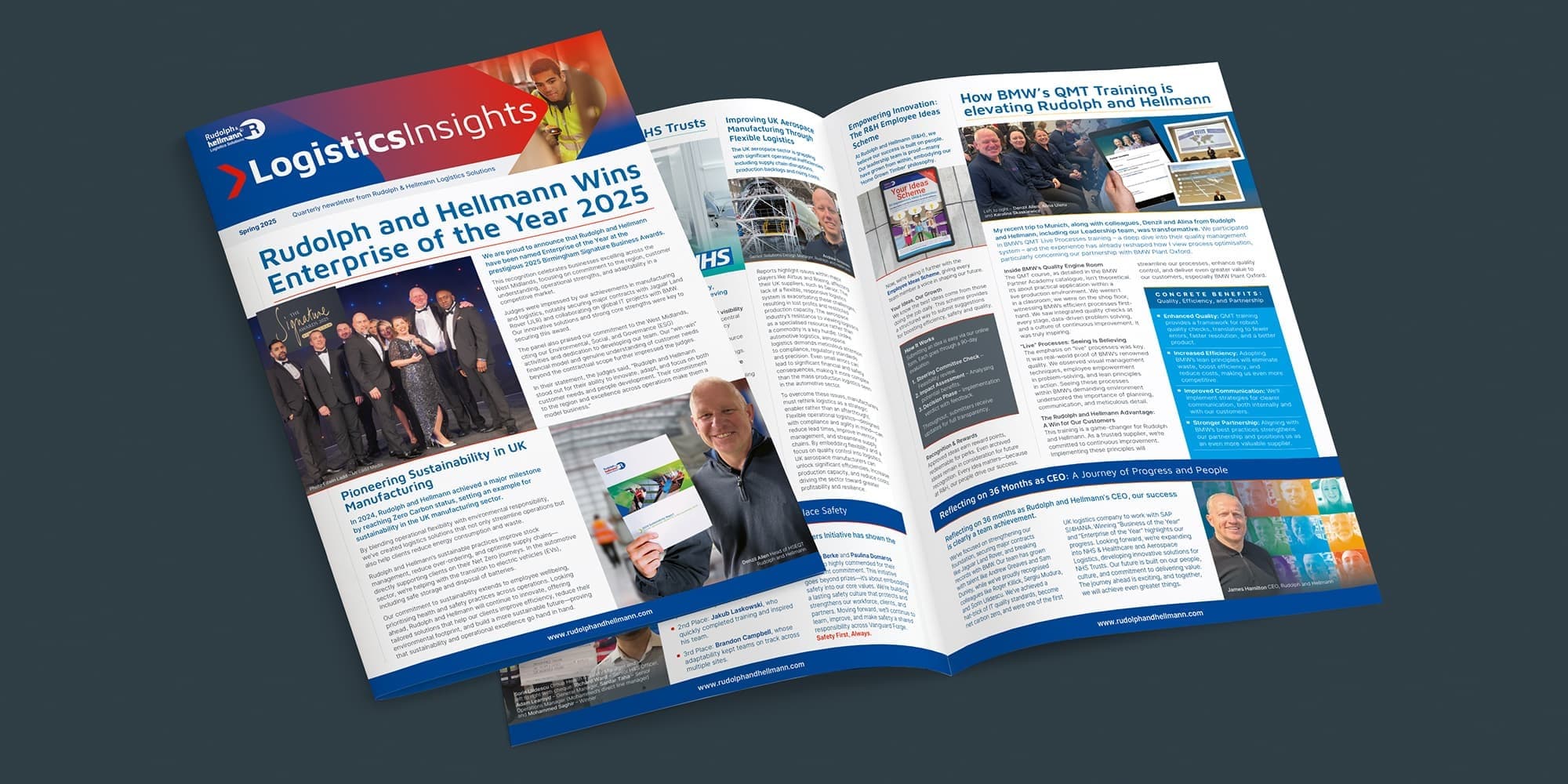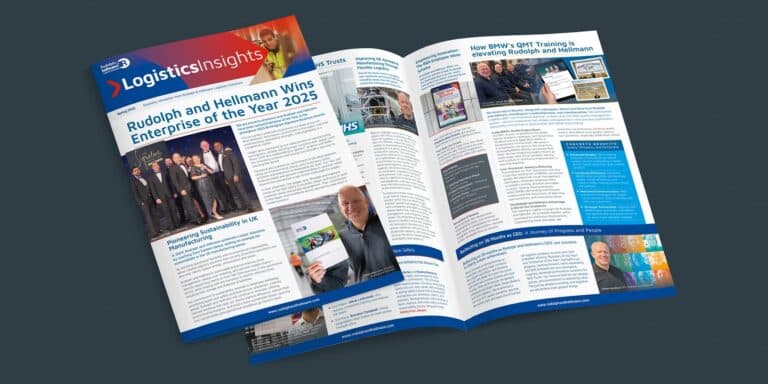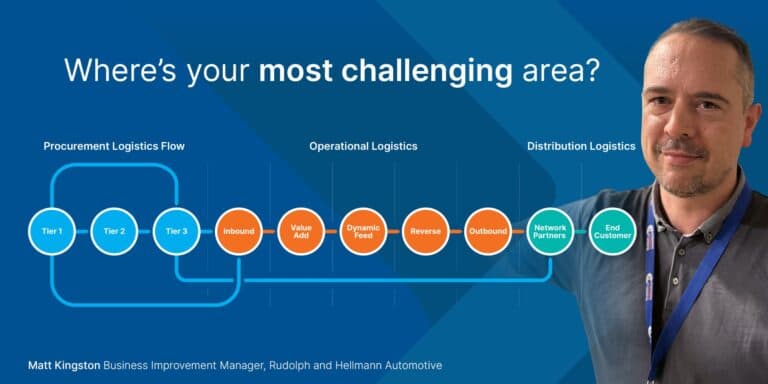Unprecedented challenges and rising year on year service demand
Over the past three years, the NHS has encountered unprecedented challenges due to global events such as COVID-19, Brexit, the war in Ukraine, and various political and climate disruptions. These events have notably impacted the NHS supply chain, leading to increased demand and supply volatility, which has caused critical shortages. The ambition to reduce cost, build greater resilience and flexibility to underpin improved patient care is undermined by the lack of data to accurately plan or evaluate the investment at a regional level. Without it, it’s very difficult to get the business case and funding approved. The aim is to identify opportunities for bolstering resilience, enhancing efficiency, and optimising service performance.
Key Supply Chain Priorities
• Reduce clinical time spent on non-clinical work
• Deliver robust product availability and visibility
• Reduce spend on material waste or obsolescence
• Sharing of resource, best practice and information/data between sites and trusts.
• Make savings and productivity increases visible
Insights into the current challenges and opportunities
The ambition to reduce cost, build greater resilience and flexibility to underpin improved patient care was at the heart of the feedback. Challenges like the lack of data to accurately plan or evaluate the investment at a regional level is not available. Without it, it’s very difficult to get the business case and funding approved.
Supply chain efficiencies, such as inventory reduction, to simplify and gain recognition for these savings is difficult to benchmark. Of the 15 ICSs who participated, three could evidence regular data-based revision of re-order quantities based on days of stock cover. For the remainder, this inventory management practice was either done visually or not done.
All the ICS who participated treated medical products at the point of receipt as used. Consequently, tracking waste or obsolescence was not a priority as, financially, the product is treated as already used. This leads to a lack of recognition of the actual cost of waste and obsolescence).
The findings from these initiatives provide valuable insights into the current challenges and opportunities within the NHS supply chain. Implementing the recommendations could help ICSs and trusts to strengthen their resilience and efficiency, achieve substantial cost savings, and ultimately improve patient care.
The ambition to drive a quantum change in supply chain performance and efficiency
We believe Rudolph & Hellmann are uniquely positioned to help NHS Trusts to explore how they can develop local solutions to measurably deliver value and best practice. So they can deliver on the key supply chain priorities identified. We will help you see healthcare logistics differently and ensure more of your resources can be focused on patient care.
It starts by understanding your unique circumstances, and the first step is a conversation.














